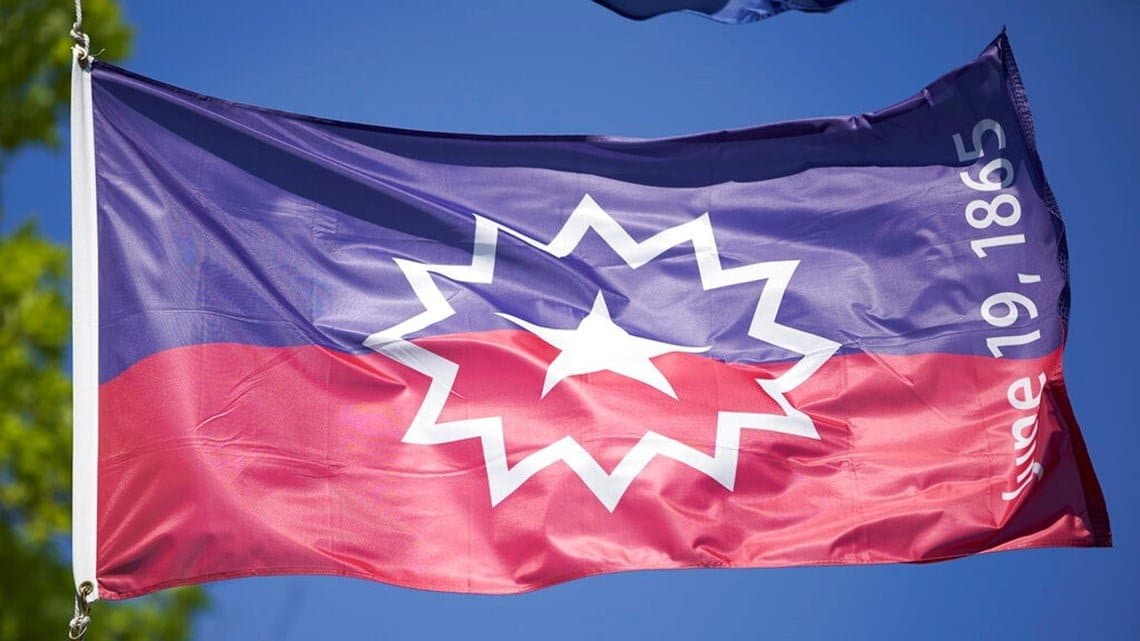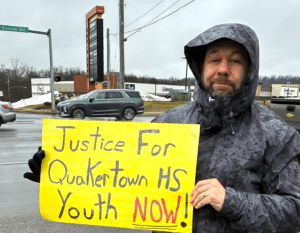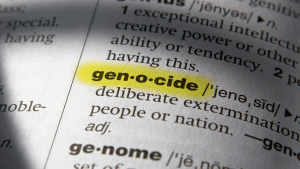Juneteenth—also known as Freedom Day, Jubilee Day, Liberation Day or Emancipation Day, became a National Holiday on June 19, 2021, after President Joe Biden signed it into Law.
The history of Juneteenth began when President Abraham Lincoln, after much thought, crafted The Emancipation Proclamation to free enslaved persons in Confederate states. Dated September 22, 1862, it became effective on January 1, 1863. With the Civil War raging, the freed Blacks could possibly join the Union effort and help bring the collapse of slavery.
Through General Order No. 3, the task of spreading the Proclamation was assigned to Union Army Major General Gordon Granger. He mustered his troops and tread across the southern states and territories announcing the end of slavery. On June 19, 1865, the General arrived in Galveston, Texas, where Order No. 3 was posted at Union Army Headquarters, the Customs House and the Negro Church on Broadway. At that time there was an estimated 250,000 enslaved people living and working on plantations of owners who’d fled the Civil War in the east. The date “June 19” quickly spread throughout the enslaved community melding the two words into Juneteenth.
Emancipation ushered in the Reconstruction era where for a few decades beginning in 1869 through 1901, nearly two dozen freed Blacks were elected to Congress. Some Blacks farmed their own land and schools opened for Black children. Celebrations of Juneteenth which began in the South soon spread among other African American communities with parades, picnics and speeches.
On Juneteenth is a book by Annette Gordon-Reed, a Pulitzer Prize Winner and Texas Native. This easy to carry book of 141 pages was published in 2021. Gordon-Reed, who grew up in Texas, offers the reader a quick introduction to Juneteenth’s inception and that state’s early life before it became part of the Union in 1845.
“Galveston Texas June 19th 1865.
General Orders No. 3.
“The people of Texas are informed that, in accordance with a proclamation from the Executive of the United States, all slaves are free. This involves an absolute equality of personal rights and rights of property between former masters and slaves, and the connection heretofore existing between them becomes that between employer and hired labor.
. . .
“The freedmen are advised to remain quietly at their present homes and work for wages. They are informed that they will not be allowed to collect at military posts and that they will not be supported in idleness either there or elsewhere.”
“By order of Major General Granger
F.W. Emery
Major A.A. Genl.







